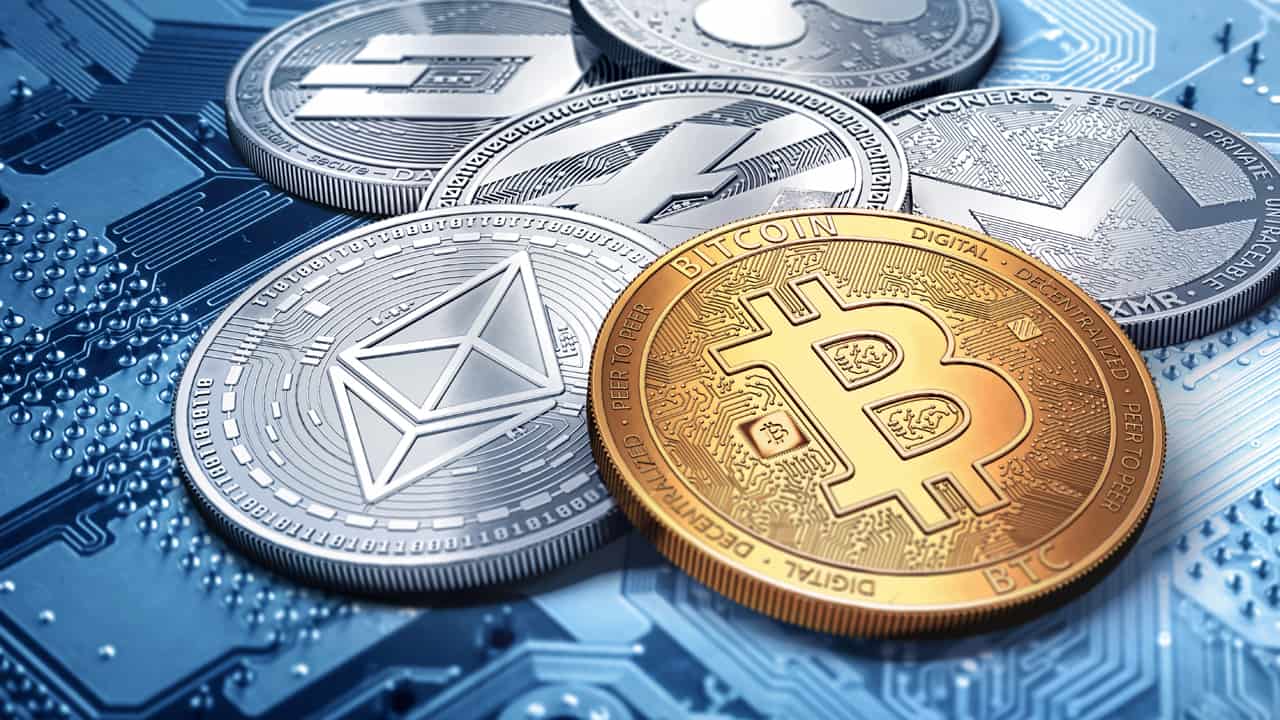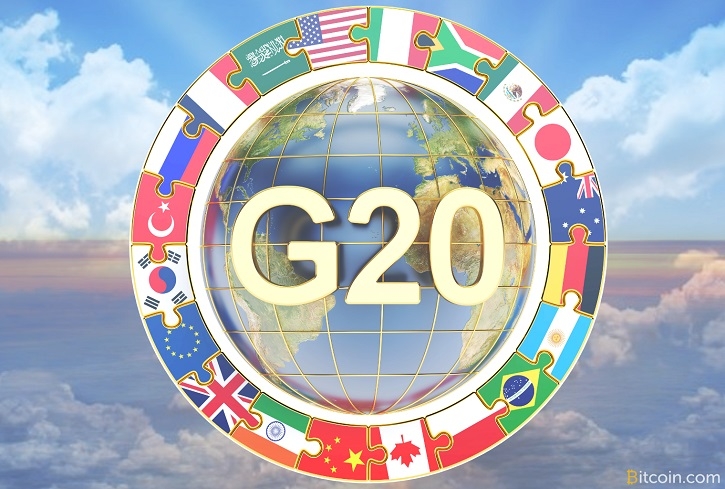G20: India to pen crypto guidance note as outcome eyed at Leaders’ Summit in September

G20: India to pen crypto guidance note as outcome eyed at Leaders’ Summit in September
The Indian Presidency’s guidance note on crypto-assets is expected to play a significant role in the discussions leading up to the next G20 Leaders’ Summit, where India aims to achieve “some kind of outcome” regarding cryptocurrencies. These discussions will revolve around a synthesis paper jointly prepared by the International Monetary Fund (IMF) and the Switzerland-based Financial Stability Board (FSB).
The synthesis paper aims to consolidate the macroeconomic and regulatory viewpoints on crypto-assets in order to provide valuable insights for the formulation of policies. By bringing together the expertise of both organizations, the IMF and FSB seek to analyze the multifaceted aspects of cryptocurrencies and their potential implications on the global economy and financial stability.

The Indian Presidency’s guidance note will contribute to these discussions by offering its perspective on the regulation and management of crypto-assets. As the host country of the G20 Leaders’ Summit, India’s input carries significant weight, as it represents the stance of one of the world’s largest economies and a key player in the international financial system.
The synthesis paper, incorporating inputs from various member countries including India, will serve as a crucial foundation for the discussions at the G20 Leaders’ Summit. The objective is to reach a consensus on the way forward regarding cryptocurrencies, ensuring that policies strike a balance between promoting innovation and protecting financial stability, consumer rights, and national security.
The outcome of these discussions may potentially lead to a coordinated global approach to crypto-assets regulation, harmonizing policies across countries and addressing the challenges posed by this rapidly evolving sector. It is expected that the G20 Leaders’ Summit will provide a platform for high-level deliberations, fostering international cooperation and collaboration in the realm of crypto-assets.
Overall, the Indian Presidency’s guidance note, along with the synthesis paper prepared by the IMF and FSB, will contribute to shaping the discussions and policy formulation related to cryptocurrencies at the upcoming G20 Leaders’ Summit. The aim is to foster a well-informed and balanced approach to address the opportunities and risks associated with crypto-assets, while promoting financial stability and safeguarding the interests of economies and individuals worldwide.

The IMF-FSB synthesis paper, which is anticipated to be submitted prior to the G20 Leaders’ Summit, will serve as a comprehensive compilation of the work conducted by various countries and organizations involved in analyzing crypto-assets. These include the International Monetary Fund (IMF), Financial Stability Board (FSB), Bank for International Settlements (BIS), and other relevant entities.
The synthesis paper aims to provide a holistic overview of the macroeconomic and regulatory perspectives on crypto-assets. It will incorporate research, analysis, and policy recommendations from a wide range of sources, reflecting the collective efforts of participating countries and international organizations. This collaborative approach ensures that diverse viewpoints and expertise are considered when formulating policies related to cryptocurrencies.
The paper will likely cover several key areas related to crypto-assets, including their economic impact, financial stability considerations, consumer protection, market integrity, and the potential risks and benefits associated with their use. It may also delve into technological aspects such as blockchain and distributed ledger technology (DLT) and their implications for financial systems.
By summarizing the work done by entities like the IMF, FSB, BIS, and others, the guidance note from the Indian Presidency will provide a condensed version of the research and policy recommendations relevant to India’s perspective. It will offer a consolidated view of the insights and findings from various organizations and countries, serving as a valuable resource for policymakers and leaders at the G20 Leaders’ Summit.
The guidance note will likely highlight common themes, areas of consensus, and potential areas of divergence among the participating entities. It may also provide a basis for further discussions and decision-making during the Leaders’ Summit, ensuring that all relevant information is taken into account when shaping policies on crypto-assets.
Furthermore, the guidance note may outline the specific concerns and priorities of the Indian Presidency in relation to crypto-assets. This could include aspects such as ensuring financial stability, addressing potential risks associated with cryptocurrencies, promoting innovation and technological development, protecting consumers and investors, and fostering a balanced regulatory framework.
Overall, the guidance note summarizing the work done by various countries and organizations, in conjunction with the IMF-FSB synthesis paper, will contribute to a comprehensive understanding of the global perspectives on crypto-assets. This collective knowledge will be instrumental in the discussions at the G20 Leaders’ Summit, facilitating informed decision-making and the formulation of policies that effectively address the opportunities and challenges posed by cryptocurrencies.
According to an anonymous source familiar with the matter, India is hopeful of achieving an outcome regarding cryptocurrencies at the upcoming G20 Leaders’ Summit scheduled to be held in New Delhi from September 9-10. This outcome could range from recognition and appreciation of the work done under India’s Presidency to the formulation of a roadmap that may be agreed upon by G20 members.
The source stated that if the roadmap proves to be useful, it could be carried forward to the next Presidency to determine the necessary actions, such as regulation or the establishment of a template. If a template is agreed upon, it would outline the roles and responsibilities of different stakeholders, implementation strategies, legislative requirements, and more.
These comments were made ahead of the third meeting of G20 finance ministers and central bank governors, commencing on July 17 in Gandhinagar, where discussions on crypto-assets are expected to be a prominent topic.
India has actively participated in discussions related to cryptocurrencies and has sought to establish international consensus on their regulation. The country argues that global collaboration is necessary due to the cross-border nature and challenges posed by crypto-assets.
During the second meeting of G20 finance ministers and central bank governors in Bengaluru, the Governor of the Reserve Bank of India (RBI), Shaktikanta Das, mentioned that some G20 members believed a complete ban on cryptocurrencies should be considered. Discussions on this matter have continued at various forums, including the IMF-World Bank Spring Meetings held in Washington DC in April earlier this year.
To summarize, India is anticipating an outcome regarding cryptocurrencies at the G20 Leaders’ Summit, which could encompass acknowledgment of India’s efforts and potentially the establishment of a roadmap. The country has been actively engaging in international discussions on crypto regulation, emphasizing the need for global collaboration given the scale and challenges associated with crypto-assets.




